Understanding American Airlines’ International Baggage Fees
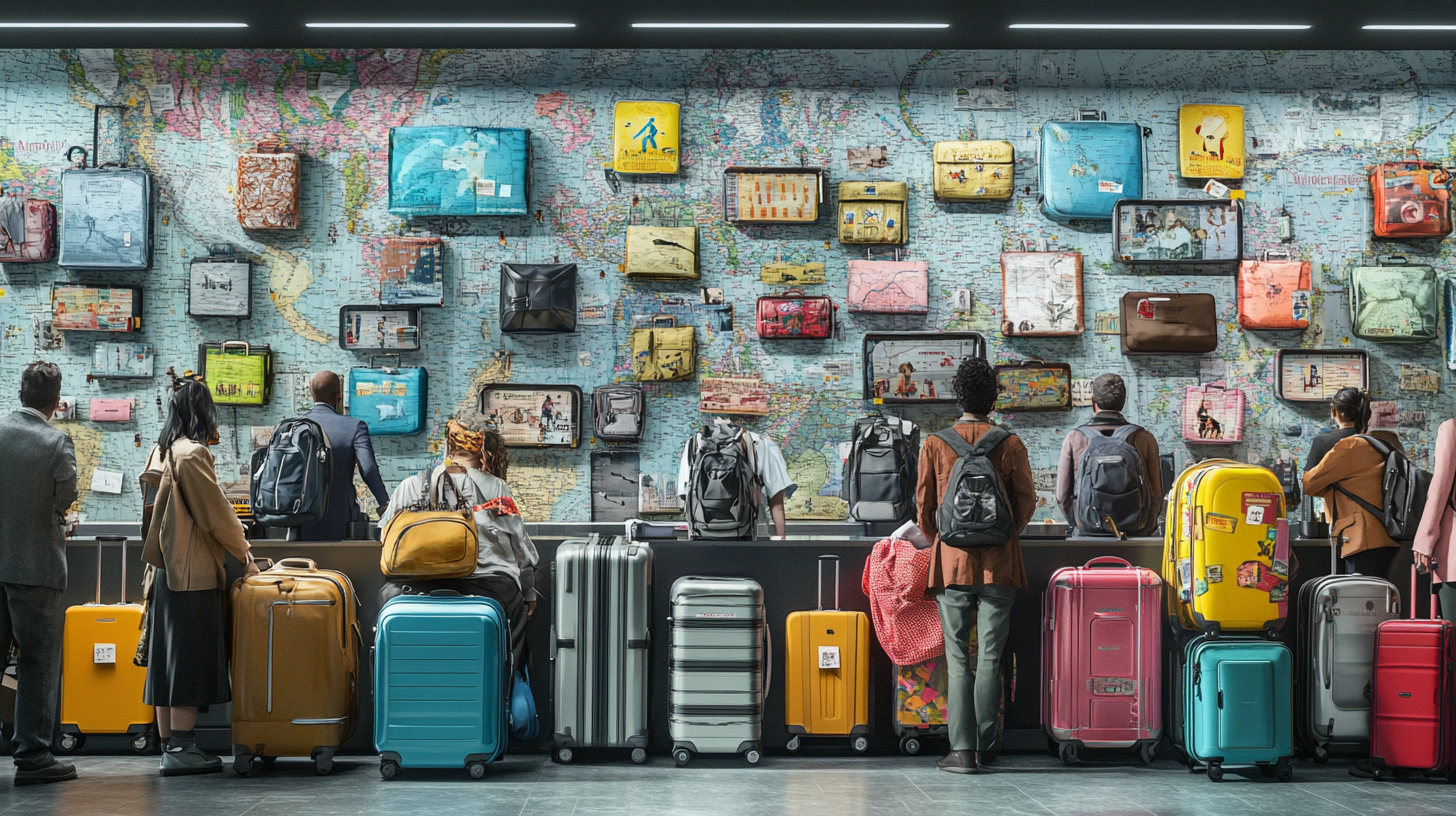
Navigating airline baggage policies can be a complex task, especially with frequent updates and variations across routes. The last thing any traveler wants is to arrive at the airport only to face unexpected baggage fees, which can quickly add up and affect your travel budget. If you’re planning to fly internationally with American Airlines in 2025, it’s essential to understand the latest baggage fees and policies. Being well-informed not only helps you avoid surprise charges but also allows you to plan and pack appropriately, ensuring a smoother and more enjoyable travel experience. This comprehensive guide breaks down the current international baggage fees, allowances, and offers practical tips on how to potentially save on costs.
American Airlines Baggage Policy Overview
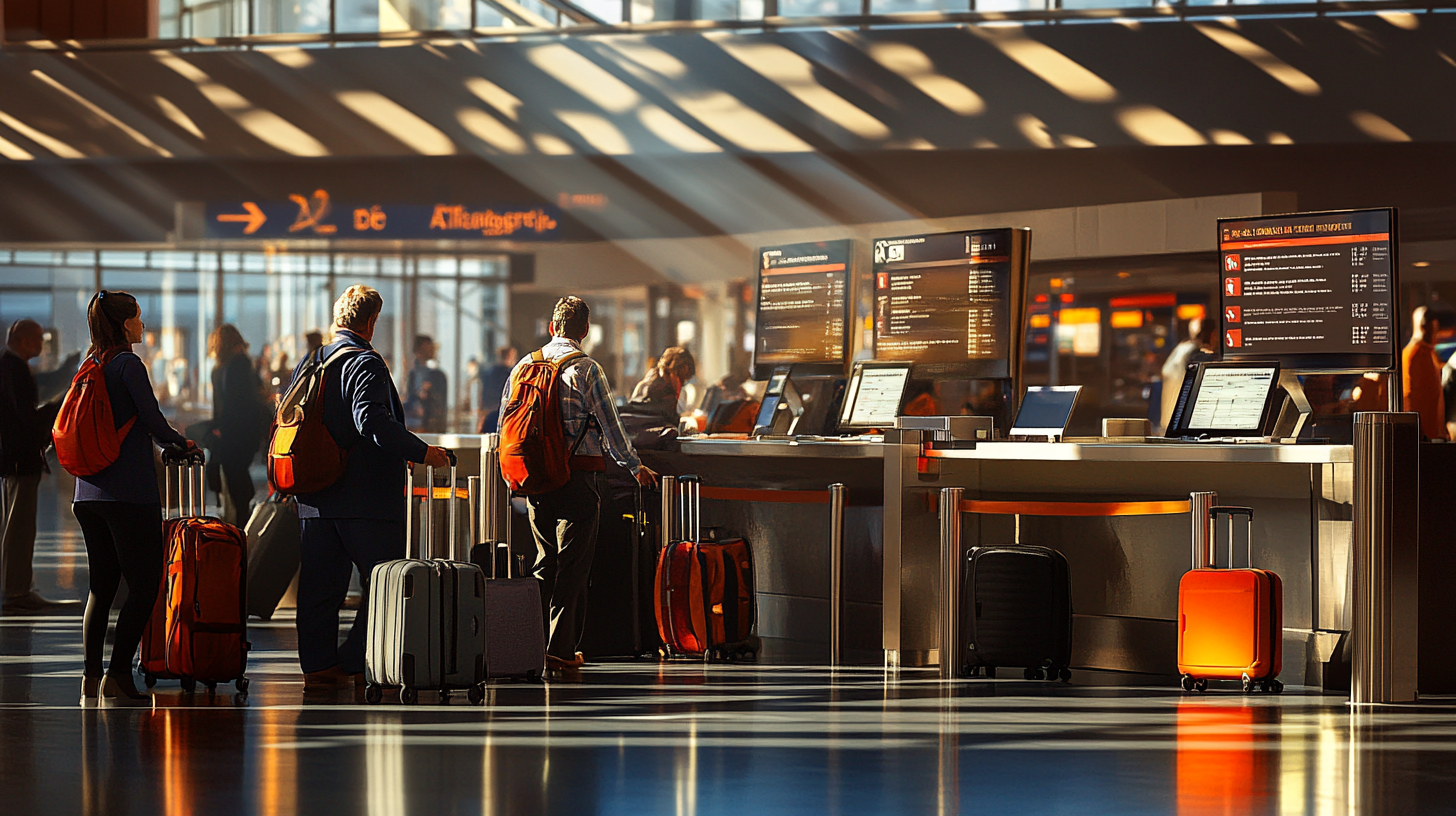
Carry-On and Personal Item Allowances
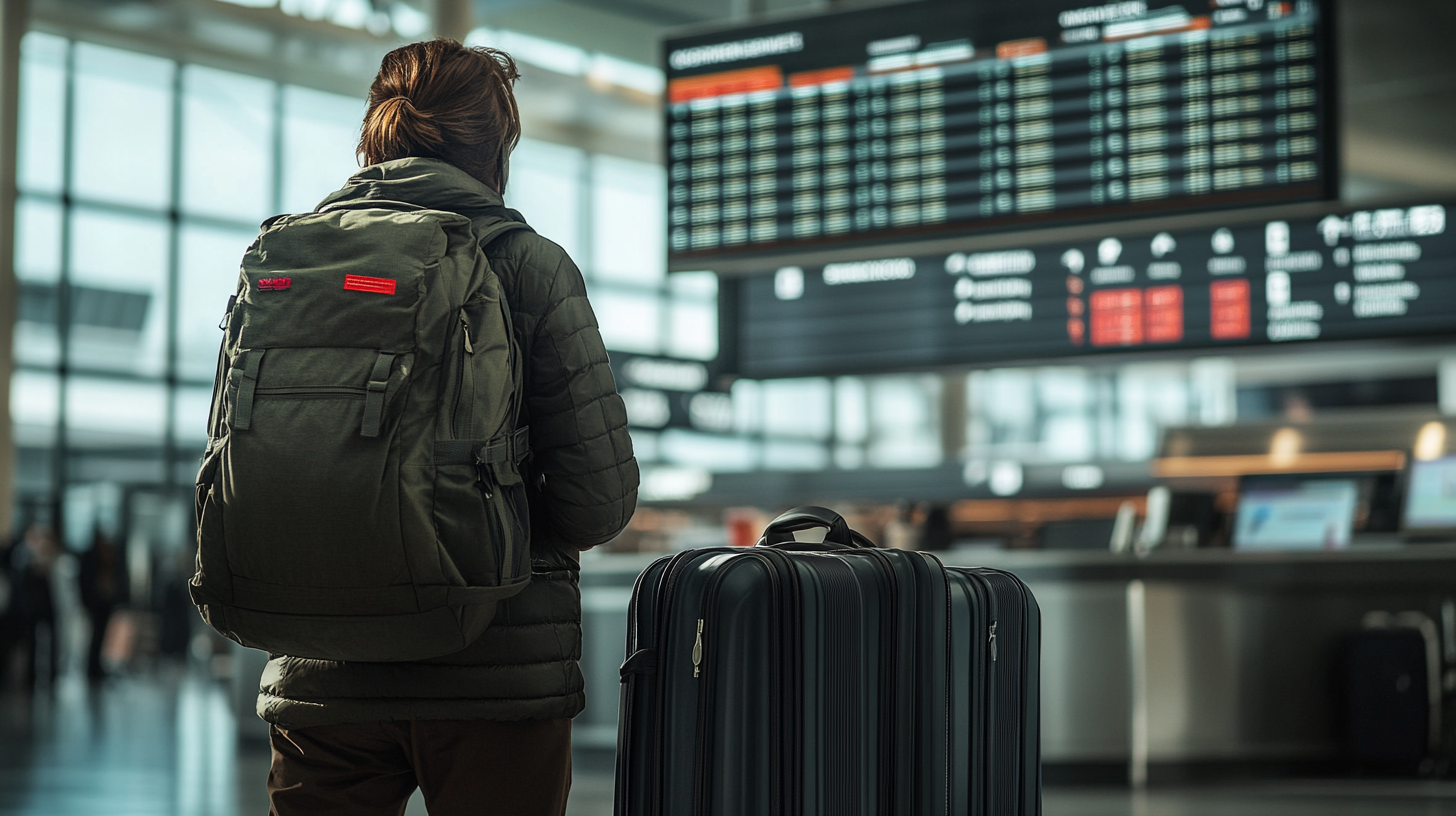
American Airlines allows each passenger to bring one carry-on bag and one personal item onboard at no additional cost, which can significantly reduce your need for checked luggage. The carry-on bag must fit in the overhead compartment, while the personal item should fit under the seat in front of you. Understanding and adhering to these allowances can save time and money at the airport. Specific size restrictions apply:
- Carry-on bag size limit: Must not exceed 22 x 14 x 9 inches (including handles and wheels). Common examples include small suitcases or backpacks that meet these dimensions.
- Personal item size limit: Must fit under the seat and be smaller than the carry-on bag. This could be a purse, briefcase, or a laptop bag.
It’s important to note that if your carry-on bag exceeds these size limits, you may be required to check it in at the gate, potentially incurring additional fees. To avoid this, consider using luggage that is specifically designed to comply with airline carry-on regulations.
Checked Baggage Allowances and Fees
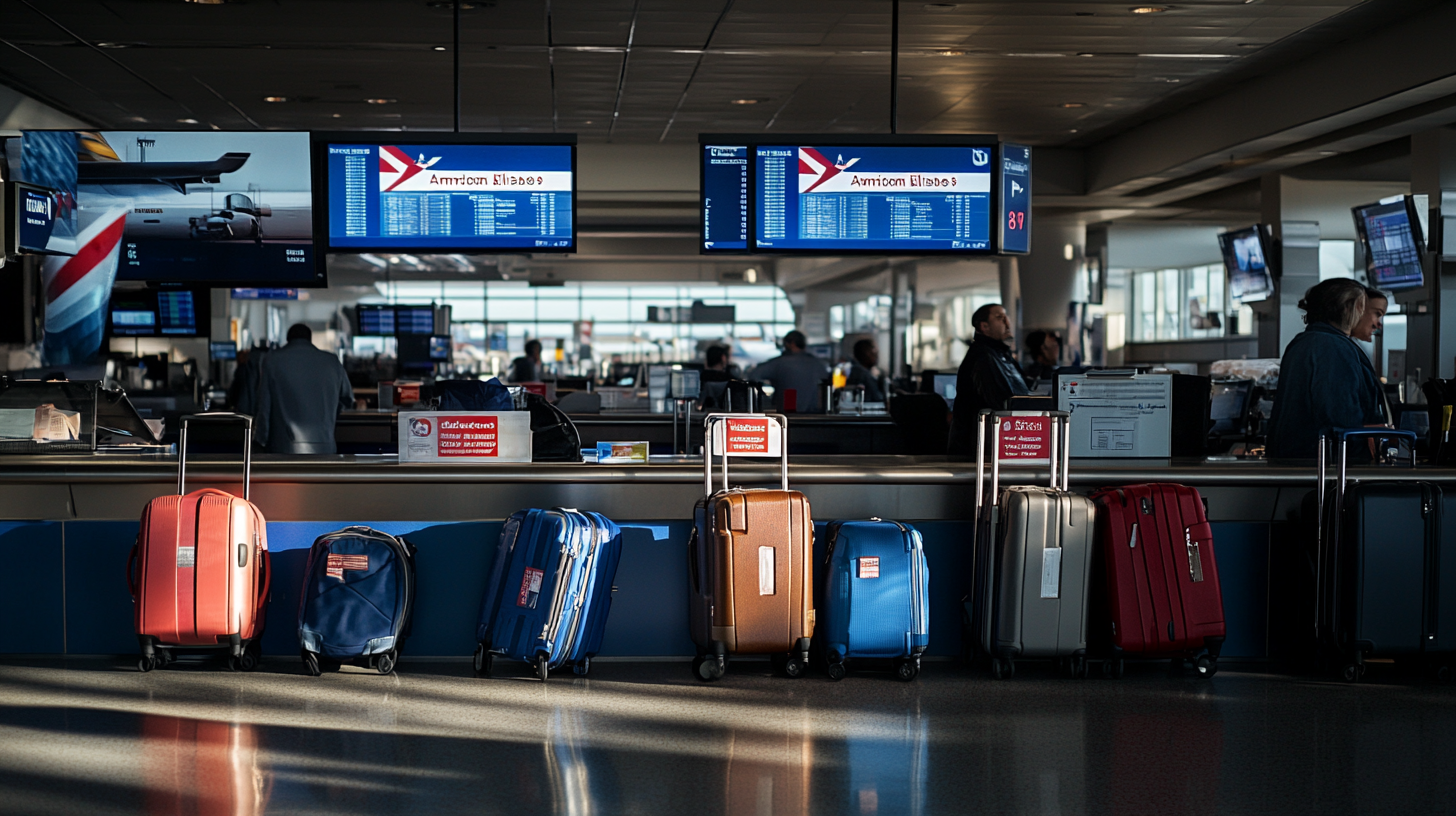
The fees for checked baggage on international flights with American Airlines vary based on destination, fare type, and frequent flyer status. Being aware of these variables can help you anticipate costs and make informed decisions about what to pack. As of November 13, 2024, the airline has updated its luggage fees for certain routes:
- First checked bag: $40
- Second checked bag: $45
It’s important to note that these fees specifically apply to flights between the U.S., Puerto Rico, and the U.S. Virgin Islands. For other international routes, the fees may differ significantly. For example, flights to Europe, Asia, or South America might have different baggage fee structures, sometimes even offering complimentary checked bags depending on your fare class or destination. Therefore, it’s crucial to check the specific fees associated with your destination before you travel. You can find detailed information on the airline’s official website or by reviewing American Airlines’ detailed baggage fee chart for international flights for the most accurate and up-to-date baggage fees.
Updates Effective in 2025
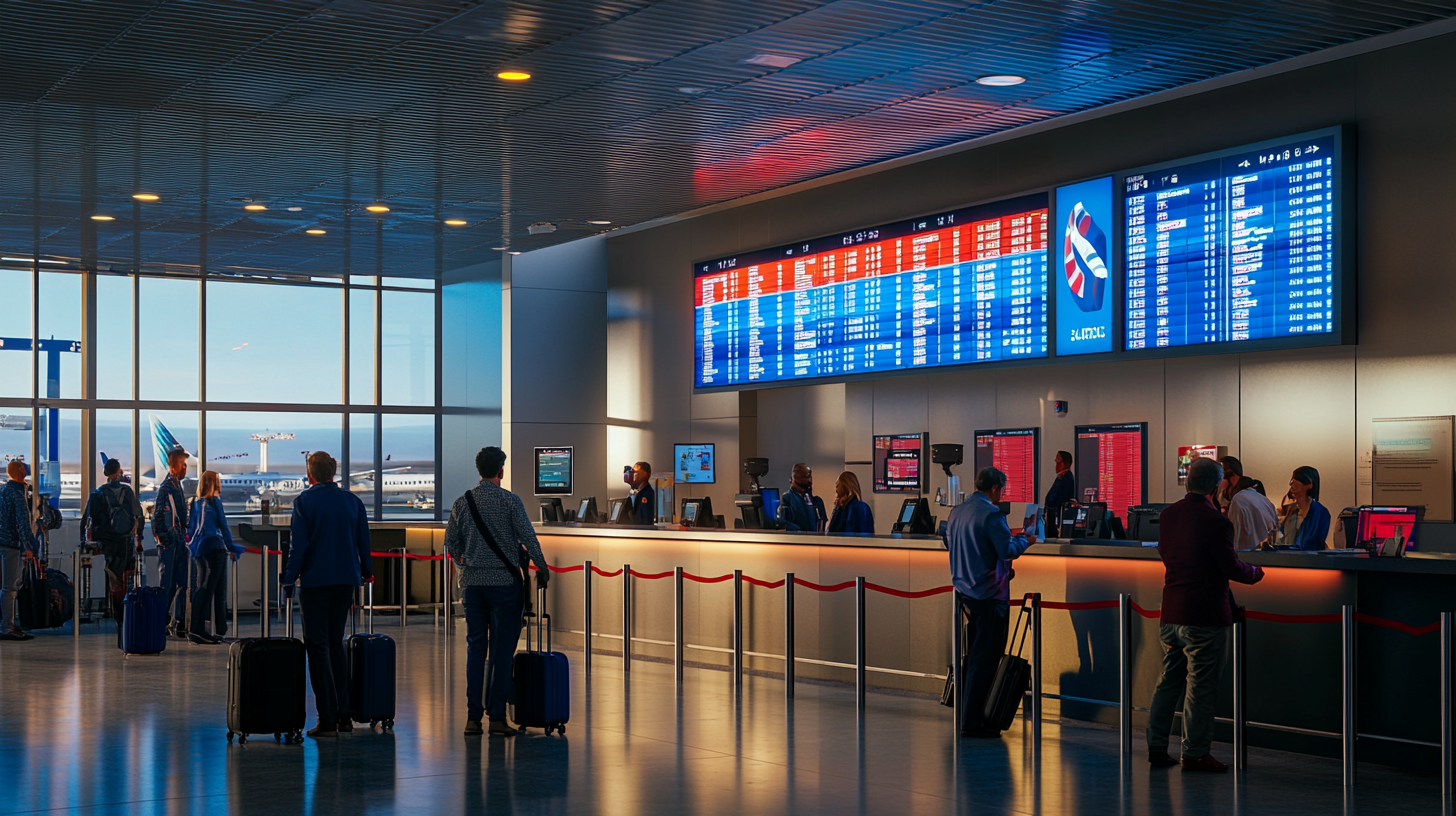
Prepayment Discounts Starting February 20, 2024
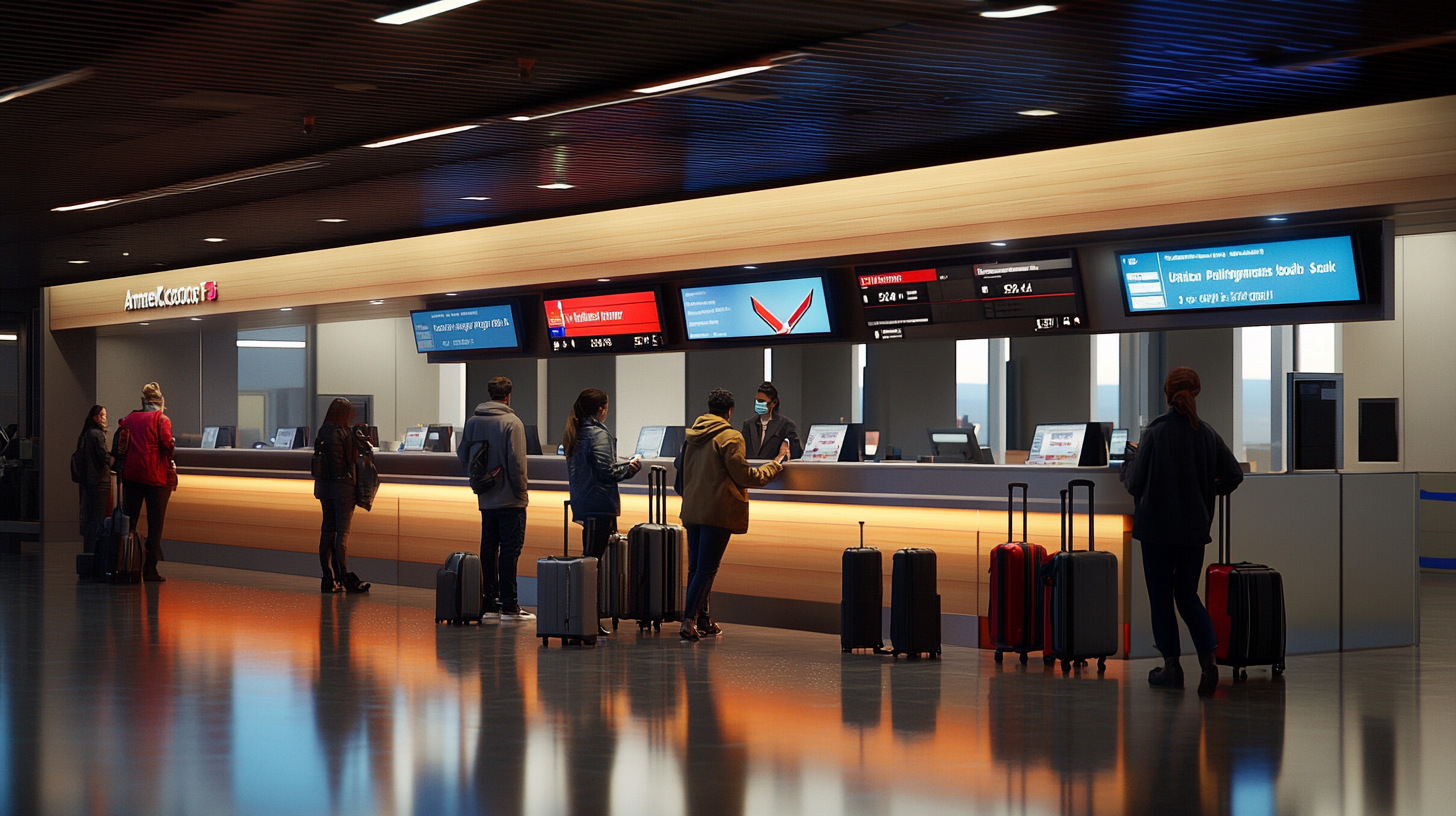
Beginning February 20, 2024, American Airlines introduced a new prepayment option that allows passengers to save on baggage fees by paying online within 24 hours of departure. By taking advantage of this offer, you can receive a $5 discount on the first checked bag fee for travel within the U.S. and select destinations when paid online. This prepayment option is not just a cost-saving measure; it also streamlines the check-in process at the airport. By having your baggage fees settled in advance, you can use the faster bag drop lanes or even self-service kiosks where available, reducing waiting times and making your journey more efficient.
To utilize this prepayment discount, simply log into your booking on the airline’s website or mobile app within 24 hours of your flight’s departure. Detailed instructions can be found in the step-by-step guide to prepaying baggage fees on American Airlines . This small step can lead to both time and money savings, enhancing your overall travel experience.
Changes to Oversized and Overweight Bag Fees
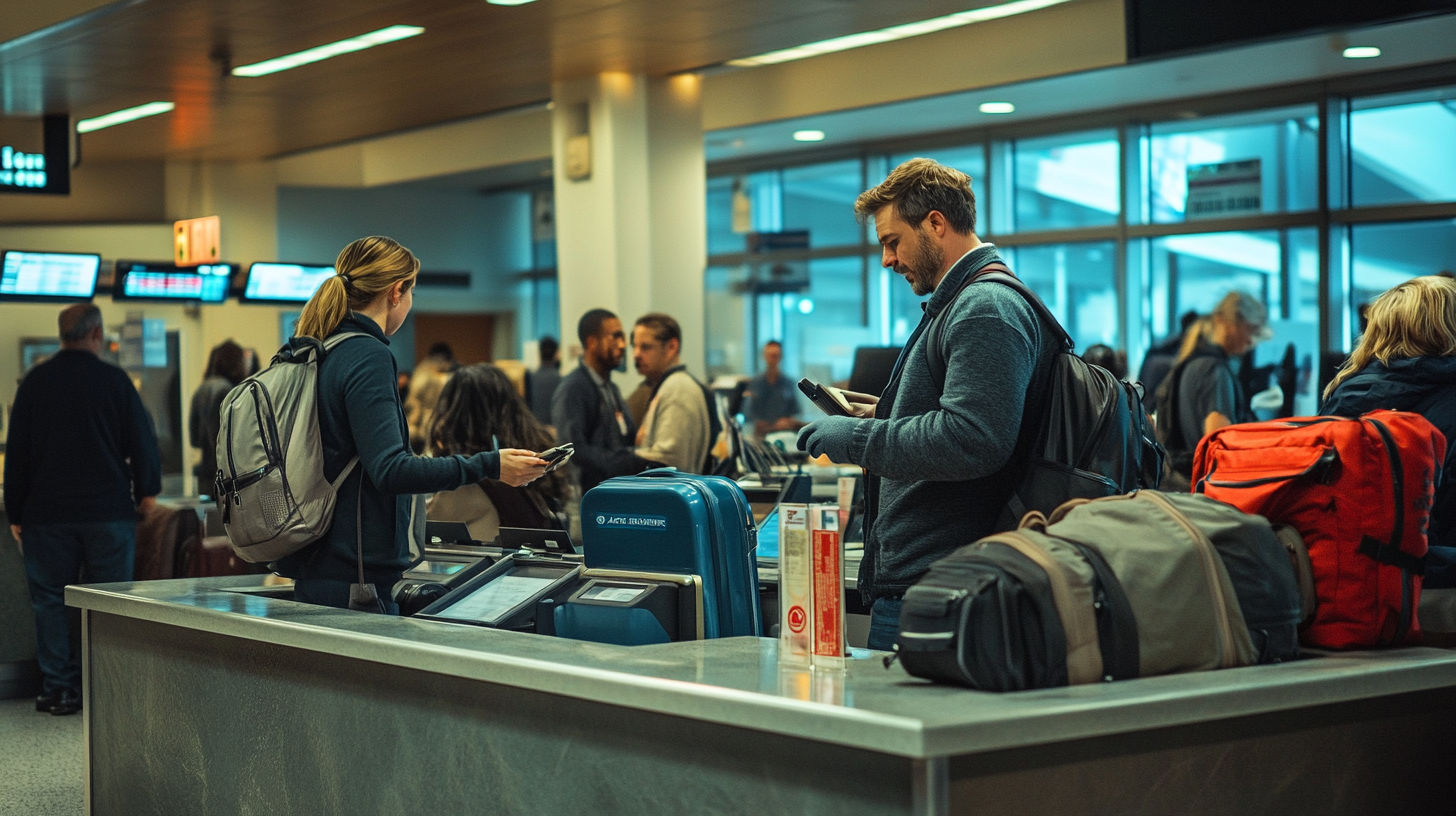
Effective April 17, 2024, American Airlines has adjusted its fees for oversized and overweight checked bags, which could impact travelers carrying heavy or large items. If your bag exceeds the standard weight limit of 50 pounds or the size limit of 62 inches (calculated as length + width + height), you will incur additional charges. It’s essential to be aware of these limits to prevent unexpected fees at the airport.
- Overweight bags (51-70 pounds): These will incur an overweight fee in addition to the standard baggage fee.
- Oversized bags (63-125 inches): These will incur an oversized fee on top of any applicable standard baggage fees.
- Bags over 70 pounds or larger than 125 inches: These are not accepted as checked baggage, so you would need to make alternative arrangements for shipping such items.
To avoid these additional charges, it’s advisable to weigh and measure your luggage before heading to the airport. Investing in a portable luggage scale and a tape measure can help ensure your bags meet the airline’s requirements. Additionally, consider distributing heavy items between bags or removing non-essential items to reduce weight. Tips for preventing overweight baggage fees can be found in tips for avoiding overweight baggage fees when flying internationally .
Sports Equipment and Special Items
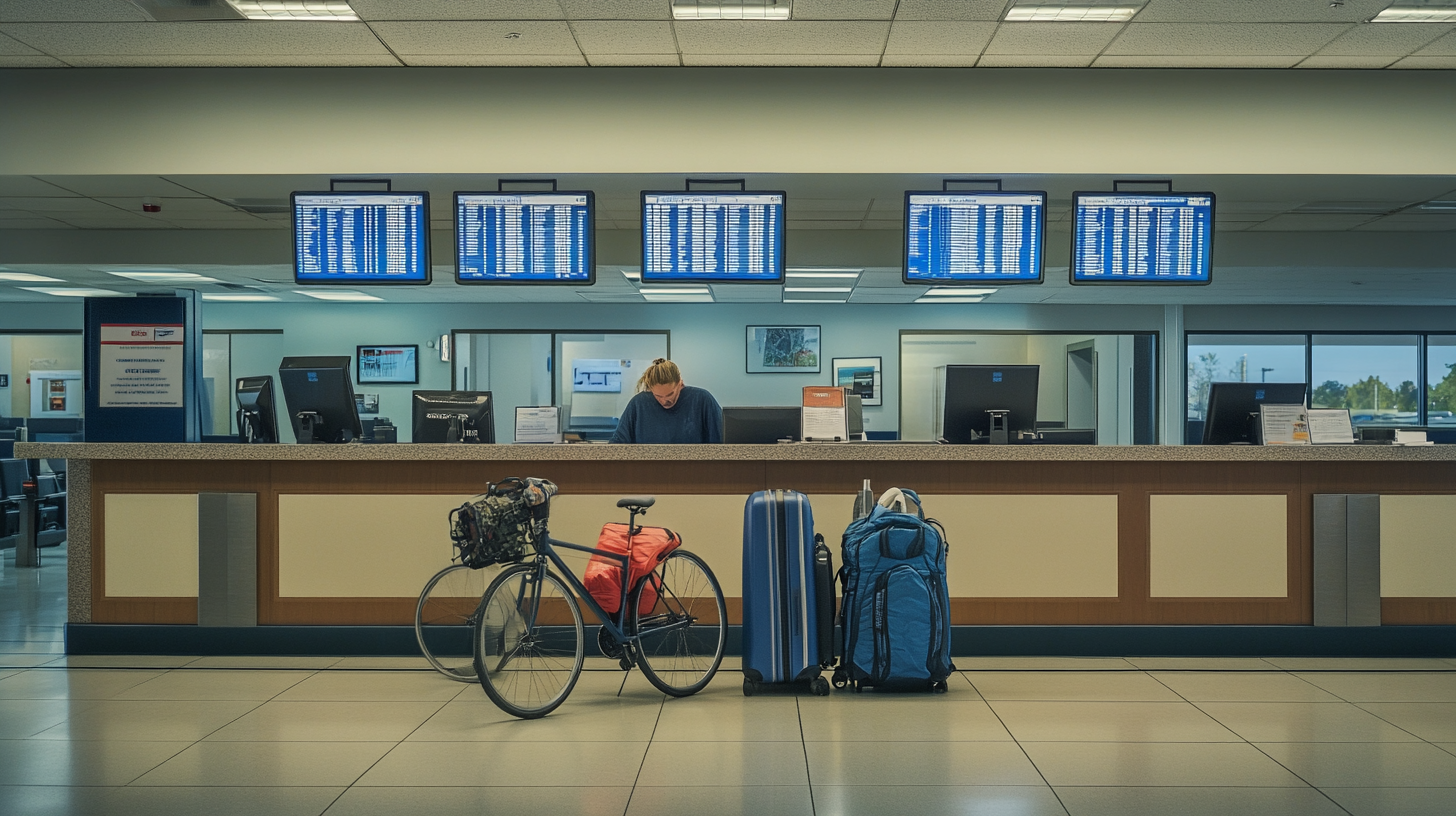
For travelers planning to bring sports equipment on their journey—such as golf clubs, skis, fishing gear, or bicycles—it’s crucial to be aware of American Airlines’ updated policies regarding these items. Certain sports equipment may no longer be accepted due to the changes implemented in 2024. However, in many cases, sports equipment can be checked as one of your standard bags, provided it meets the airline’s size and weight restrictions.
It’s important to note that even if your sports equipment falls within the acceptable limits, additional fees might apply depending on the item and destination. For example, oversized charges may still be levied if the equipment exceeds the standard dimensions. To avoid surprises, it’s advisable to check with the airline well in advance of your travel date. You can find detailed information and guidelines by referring to American Airlines’ policies on traveling with sports equipment . Ensuring compliance with these policies will help you avoid any inconvenience or additional costs at the airport.
Ways to Avoid or Reduce Baggage Fees
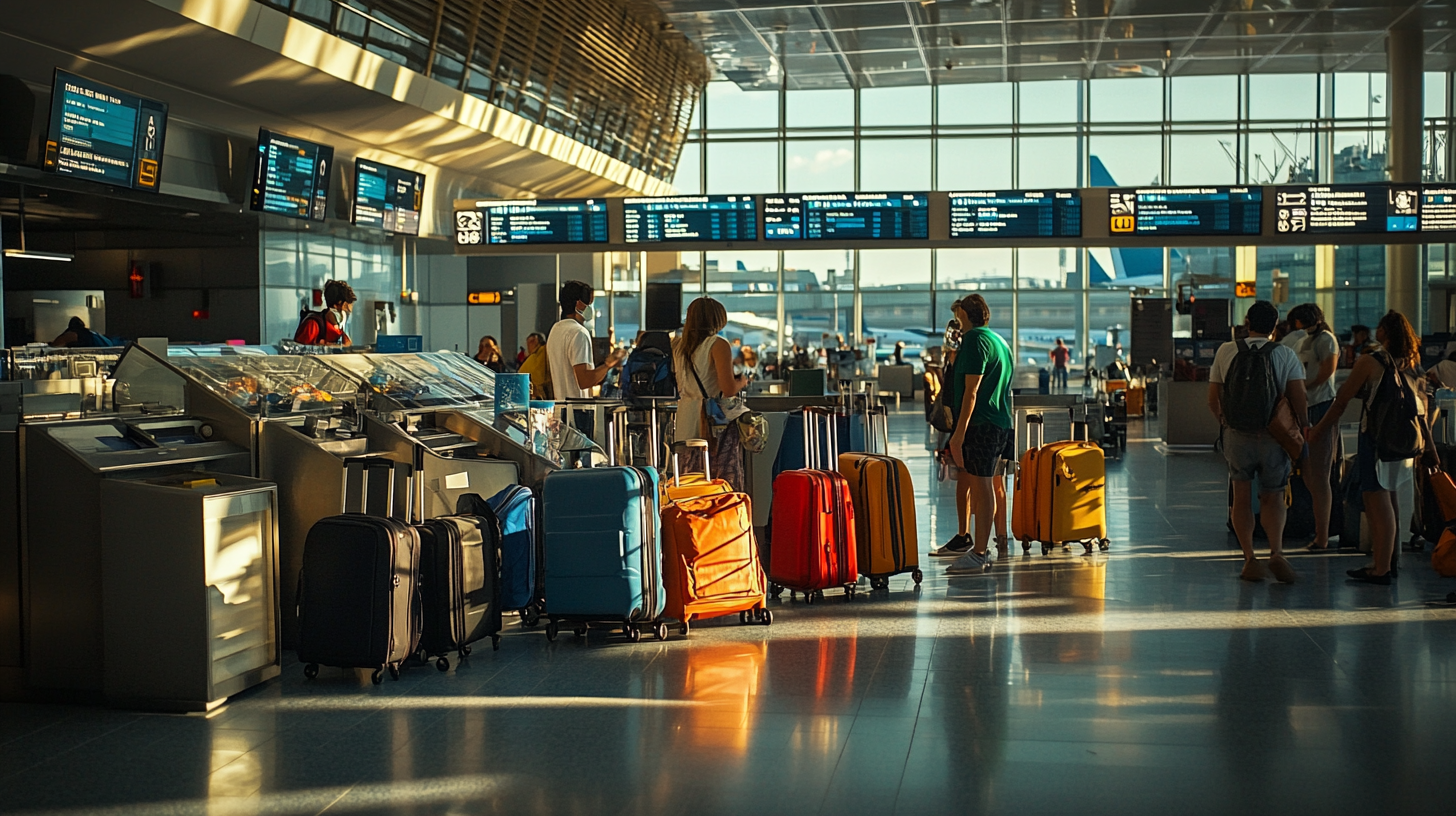
Elite Status Benefits
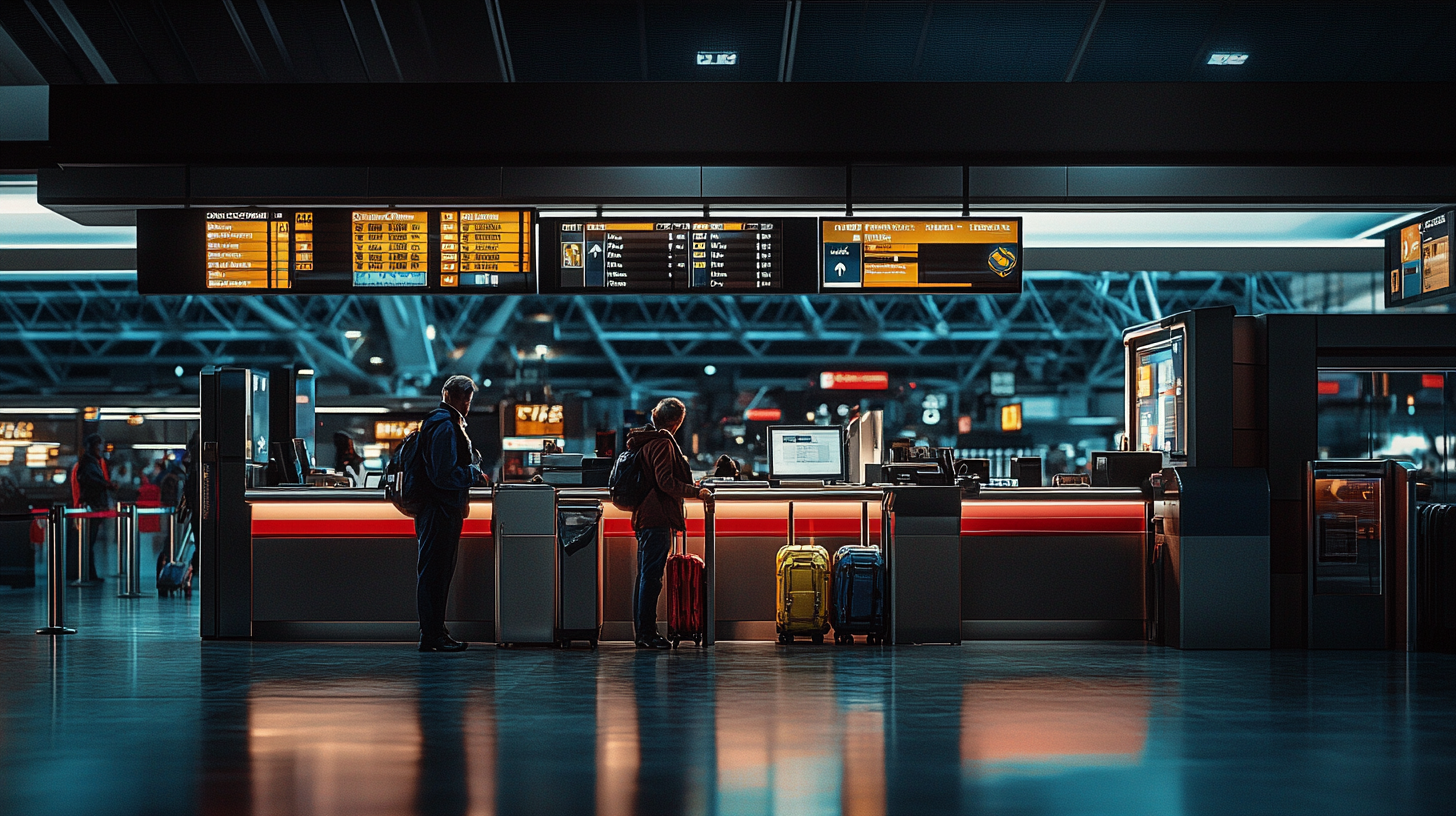
Frequent flyers who are members of American Airlines’ AAdvantage program can significantly reduce or even eliminate baggage fees through elite status benefits. Achieving elite status requires accumulating a certain number of qualifying miles or segments and meeting spending thresholds within a calendar year. The benefits of reaching these tiers include complimentary checked bags, priority boarding, and other perks that enhance the travel experience.
The number of free checked bags you receive depends on your AAdvantage membership tier:
- AAdvantage Gold: Typically receives one free checked bag on most flights.
- AAdvantage Platinum and above: May receive up to three free checked bags, depending on the specific tier and route.
These benefits can lead to substantial savings, especially for frequent international travelers who often need to check multiple bags. To learn more about achieving elite status and the associated benefits, you can refer to comprehensive guide to American Airlines AAdvantage elite status benefits .
American Airlines Credit Cards

Another effective way to avoid baggage fees is by holding an American Airlines co-branded credit card. These cards, offered by financial institutions such as Citi and Barclays, provide various travel benefits, including free checked bags, priority boarding, and bonus miles on purchases. While the free checked bag benefit is commonly applicable to domestic flights, some cards extend this perk to international flights as well, depending on the card’s terms and conditions.
For example, cards like the Citi® / AAdvantage® Platinum Select® World Elite™ Mastercard® offer the first checked bag free for the cardholder and sometimes for companions traveling on the same reservation. Moreover, these cards may also offer additional benefits like in-flight discounts and mileage bonuses that enhance your overall travel value.
Before applying for a credit card, it’s important to review the annual fees, interest rates, and specific terms to determine if it aligns with your travel habits and financial situation. Detailed comparisons and analyses of these cards can be found in the guide to American Airlines co-branded credit cards and their benefits .
Utilizing Travel Credits from Other Credit Cards
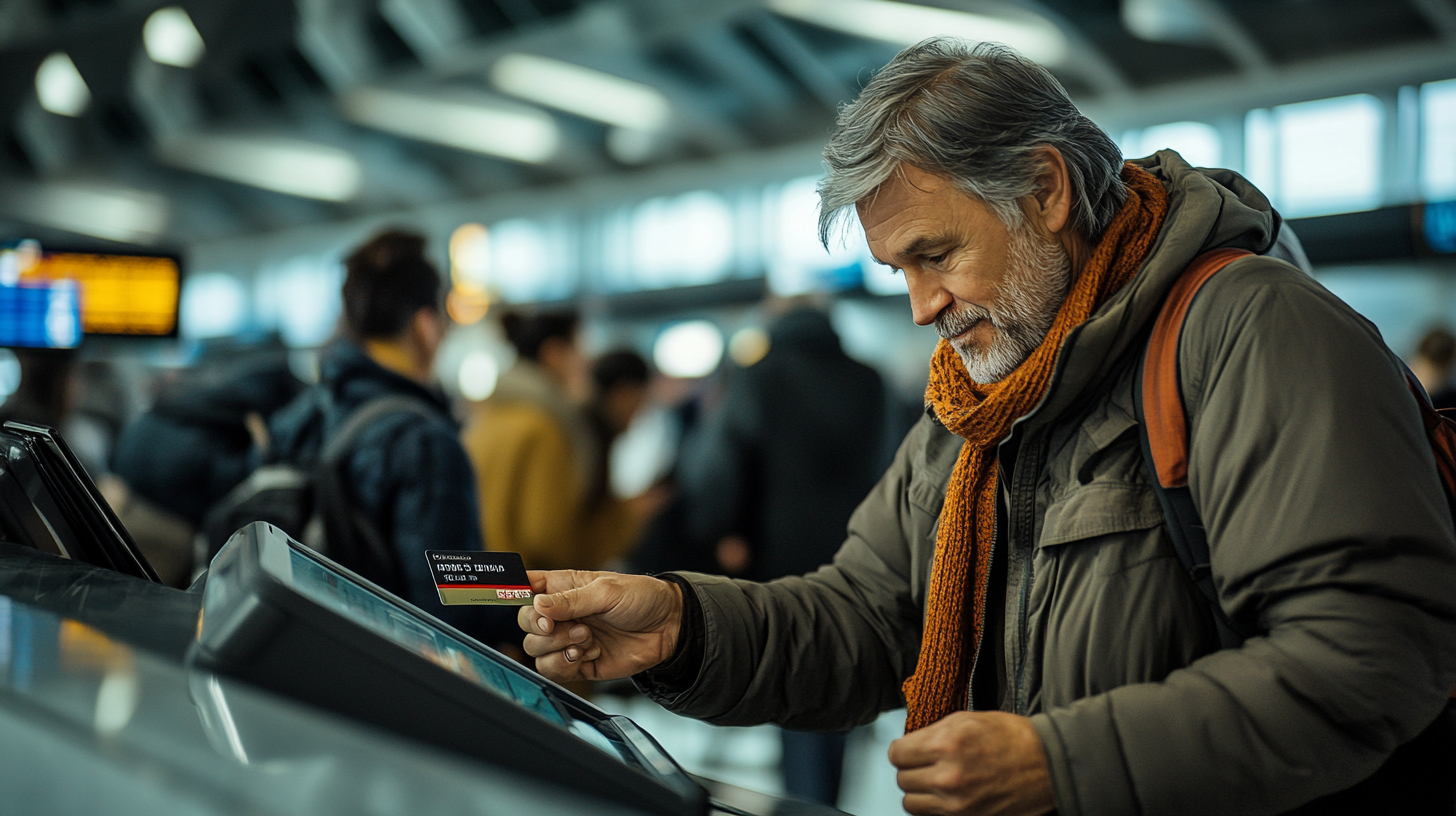
In addition to airline-specific credit cards, some premium general travel credit cards offer annual travel credits that can be applied toward various travel expenses, including baggage fees. Cards such as the Chase Sapphire Reserve® provide generous travel credits that automatically reimburse cardholders for qualifying travel purchases up to a certain amount each year.
By strategically using these credits to cover baggage fees, you can effectively reduce or eliminate these charges from your travel expenses. It’s important to understand how these credits work—typically, they are applied automatically when a qualifying purchase is detected on your account. Be sure to review your credit card’s terms and conditions to know which expenses are eligible and how to maximize this benefit.
For more information on how to leverage these travel credits effectively, consider reading strategies for maximizing travel credits to cover airline baggage fees .
Active Military Benefits
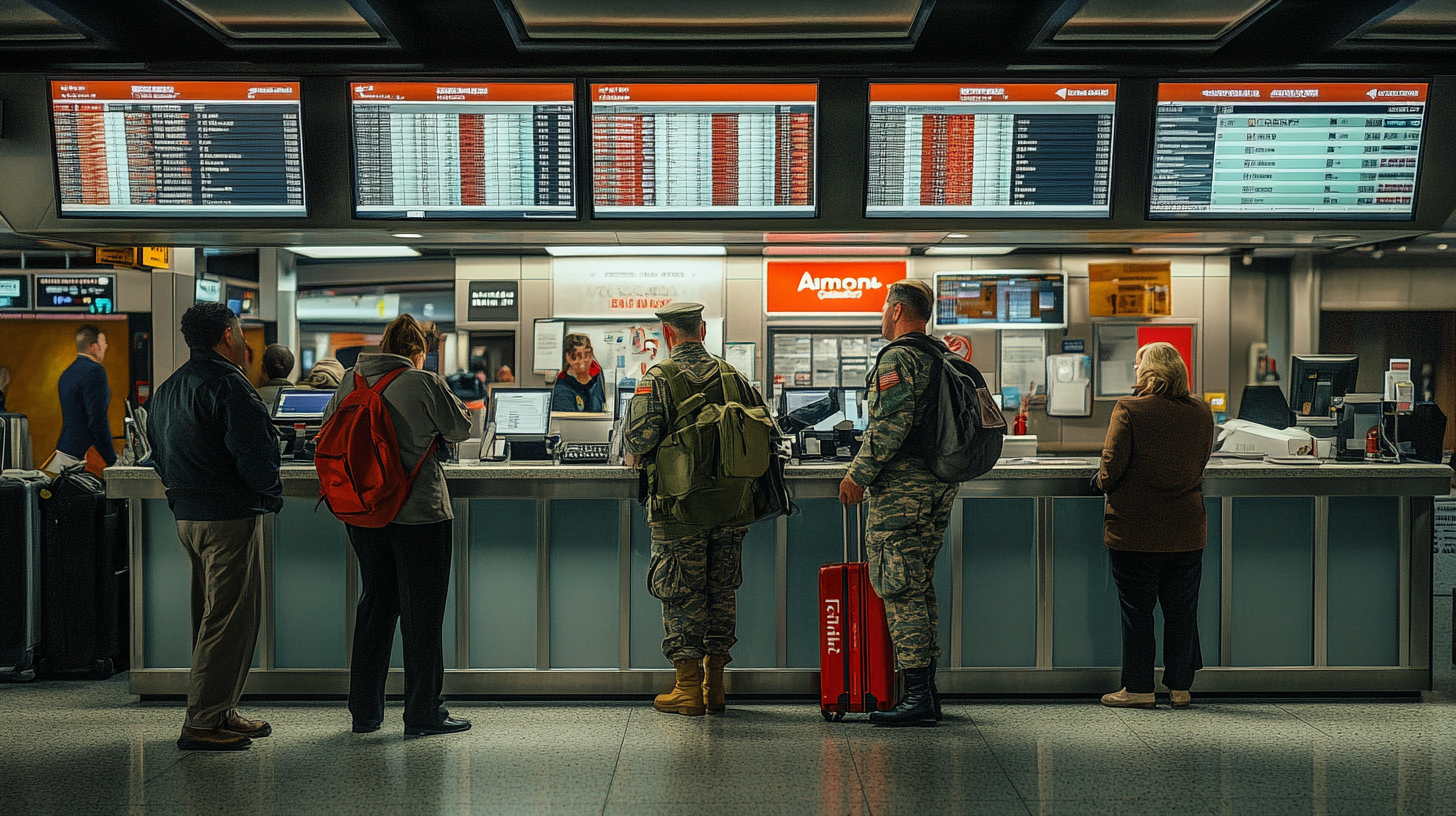
Active U.S. military personnel, including both service members and their dependents, are entitled to additional baggage benefits when traveling on American Airlines. These benefits can significantly reduce travel costs and provide greater flexibility in transporting necessary items. Depending on the nature of your travel orders and status, you may receive fee waivers for checked bags.
Typically, active duty military members traveling on orders can check several bags free of charge, with higher weight allowances than standard passengers. Even when traveling for personal reasons, military personnel may receive complimentary checked bags, although the allowances might be less than when on orders.
To take advantage of these benefits, be prepared to present valid military identification and travel orders (if applicable) at the airport check-in counter. For detailed information on the specific baggage allowances for military personnel, refer to American Airlines’ baggage policies for active duty military members .
Seasonal Limitations and Special Destinations
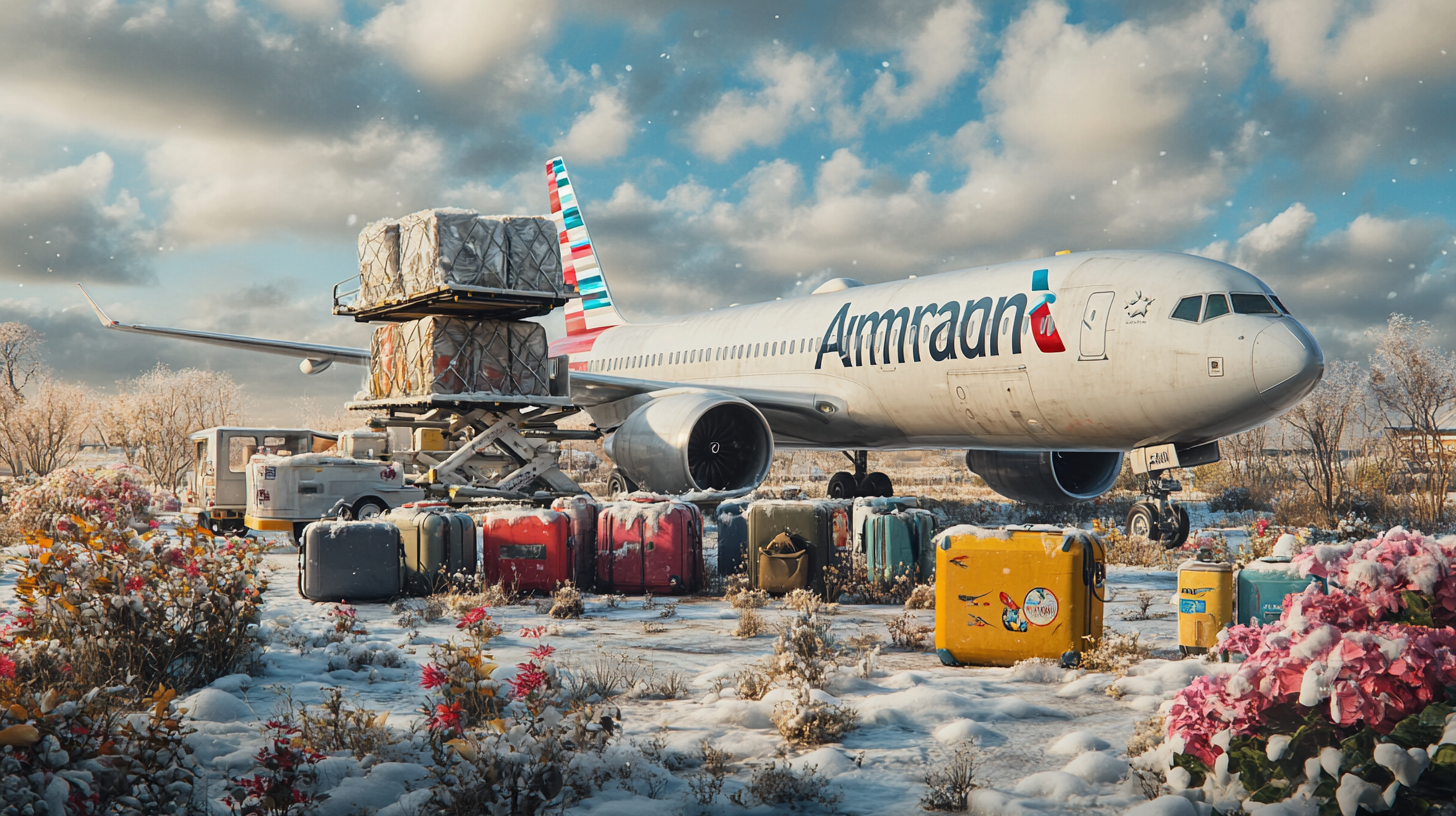
When planning international travel, it’s essential to be aware that American Airlines imposes year-round baggage limitations for certain destinations, such as Bolivia, Paraguay, and Brazil. These restrictions can affect the number of bags you are allowed to check, as well as the maximum weight and size of each bag. Additionally, seasonal limitations may apply to other regions, particularly during peak travel times, holidays, or periods of high demand.
These limitations are often implemented to manage cargo space effectively and ensure that the aircraft can accommodate all passengers’ luggage. Failure to comply with these limitations may result in your bags being denied at check-in or incurring significant excess baggage fees.
To avoid any inconvenience, it’s crucial to check the specific baggage policies for your destination well in advance of your departure date. Detailed information can be found by consulting American Airlines’ seasonal and destination-specific baggage limitations . Planning accordingly can help you make necessary adjustments to your packing strategy and prevent unexpected surprises at the airport.
Additional Considerations
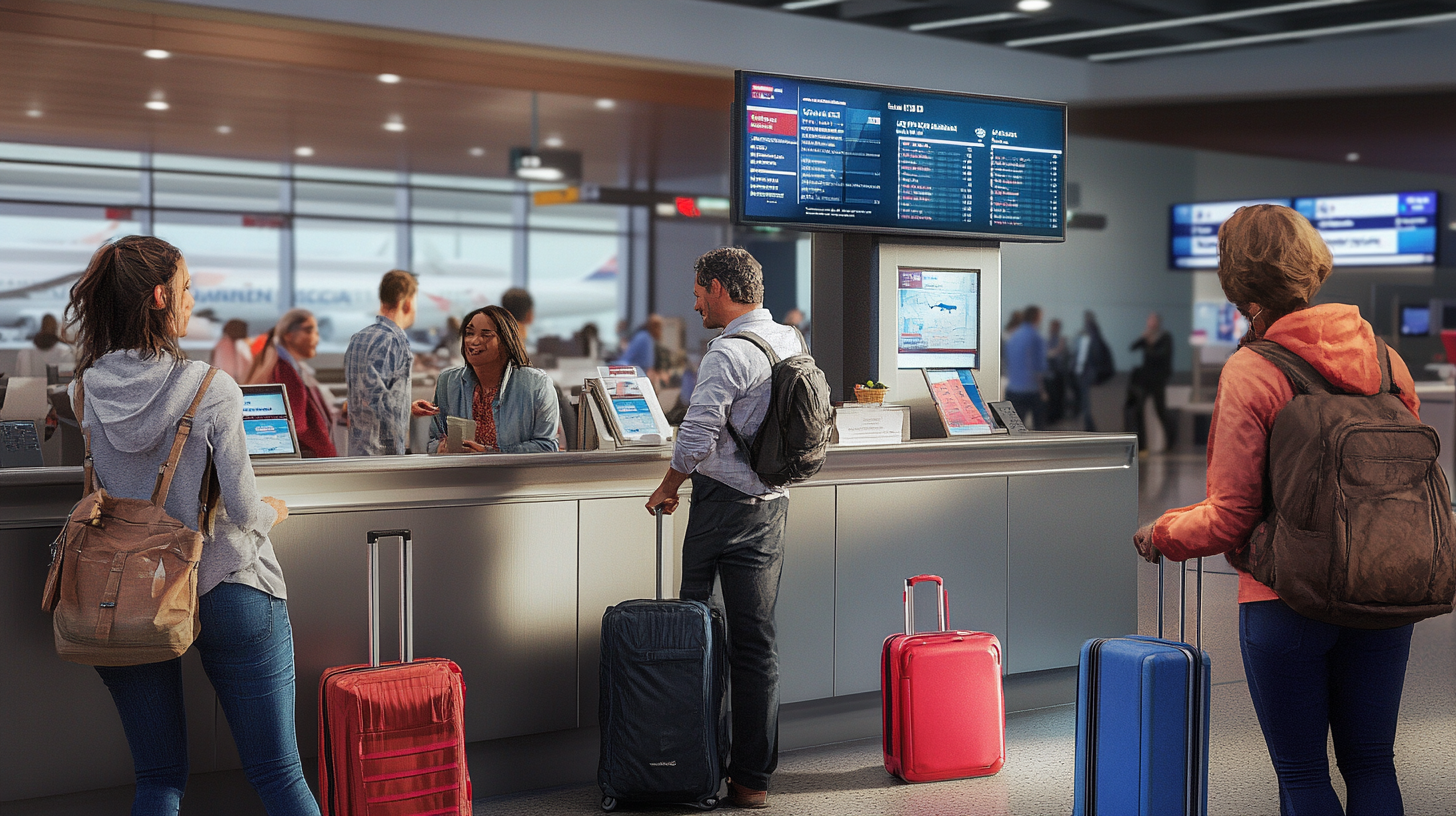
Portable Oxygen Concentrators (POCs)
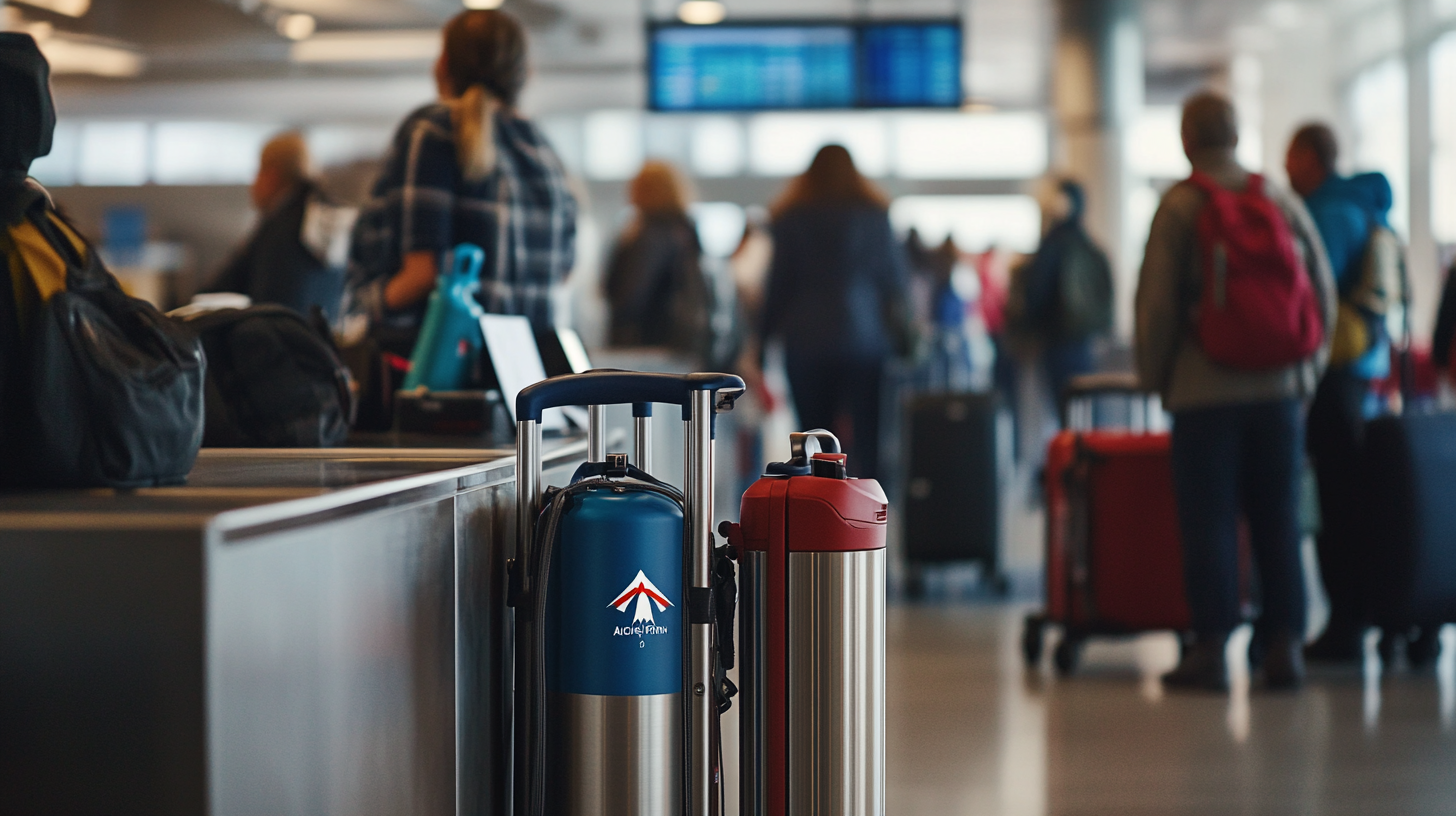
For passengers who require medical devices such as Portable Oxygen Concentrators (POCs), it’s important to be aware of American Airlines’ policies to ensure a smooth travel experience. Passengers traveling with POCs must check in at the gate at least one hour before departure to have the device approved for use onboard. Additionally, seat assignments may be limited to specific rows to accommodate the device safely and comply with regulatory requirements.
It’s highly recommended to notify the airline in advance of your travel date about your need to bring and use a POC. This allows the airline to make necessary arrangements and provide any required assistance. Detailed guidelines and requirements for traveling with medical devices can be found in American Airlines’ policies on traveling with medical devices and assistive equipment . Following these guidelines ensures compliance with safety regulations and helps avoid any delays or issues during your journey.
Families Traveling with Infants
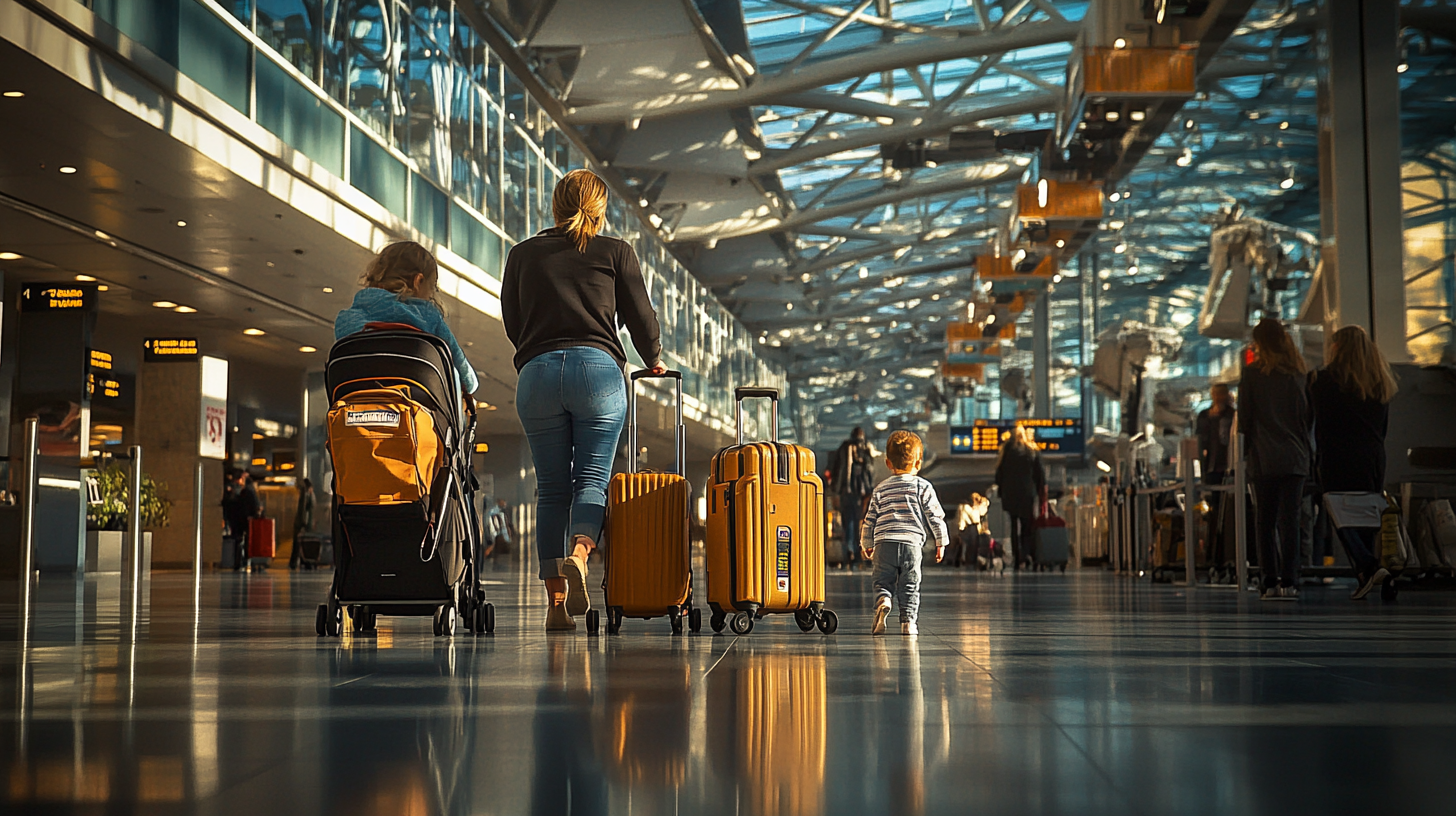
Traveling with infants requires additional planning, and American Airlines offers special policies to assist families. Strollers and car seats are essential items for parents and can typically be checked at the gate or ticket counter at no additional cost. This convenience allows families to use strollers within the airport and check them just before boarding.
However, it’s important to verify the current policies before your flight, as rules can change or may vary based on the aircraft type or destination. Additionally, some bulky or non-collapsible strollers may need to be checked at the ticket counter due to size restrictions.
For a smooth travel experience, consider contacting the airline ahead of time to confirm the allowances and any necessary arrangements. More information on traveling with infants and young children can be found in guide to flying with infants on American Airlines . This resource provides valuable tips and outlines the airline’s policies to help you prepare accordingly.
Pet Travel Fees
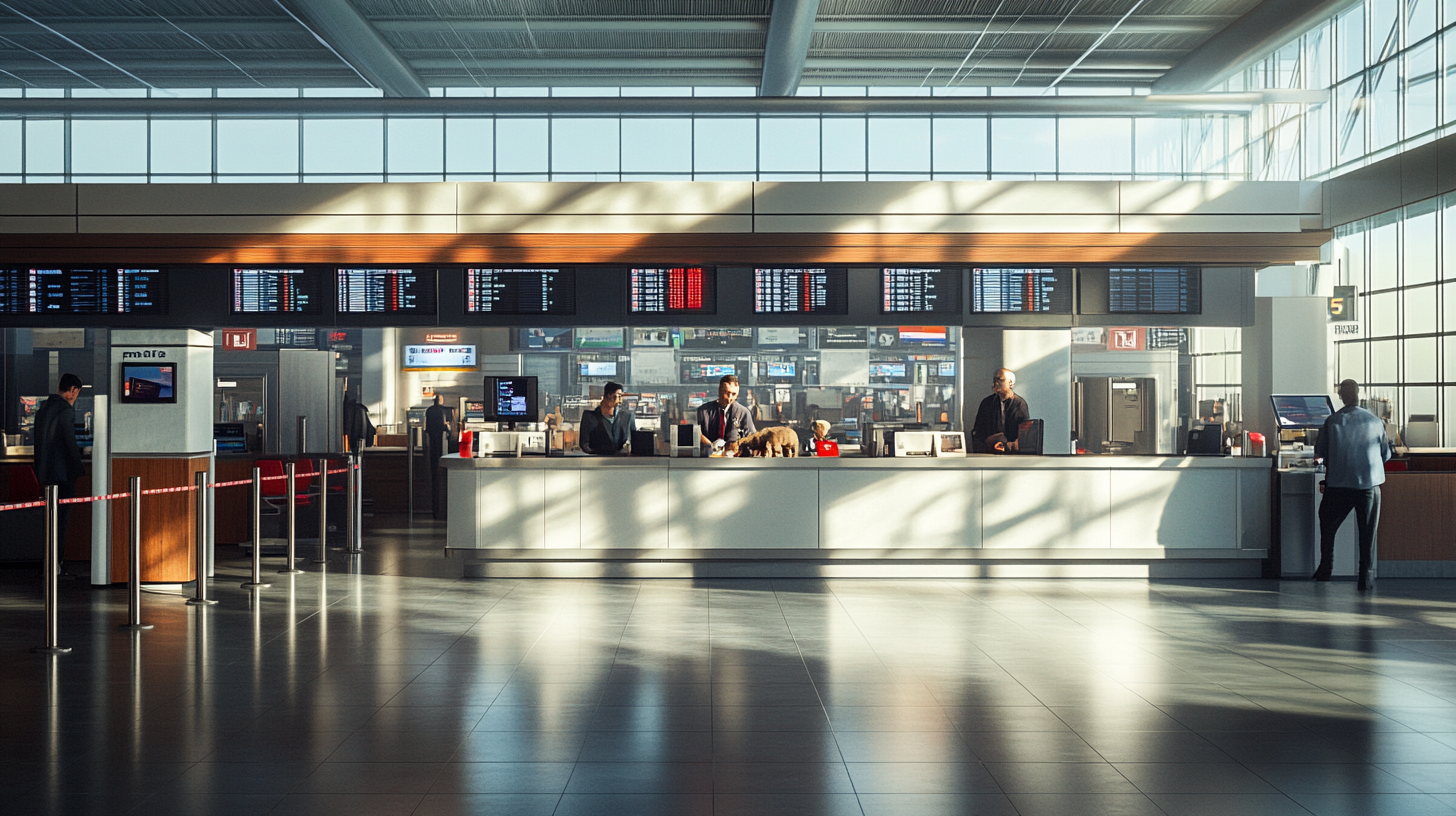
For passengers planning to travel with a pet, it’s crucial to familiarize yourself with American Airlines’ pet travel policies to ensure a safe and comfortable journey for your animal companion. The airline charges $150 each way for pets traveling in the cabin, and only certain small dogs and cats are allowed. There are limitations on the number of pets permitted per flight, so it’s advisable to book your pet’s reservation as early as possible.
Additionally, specific kennel requirements must be met, including size restrictions that allow the carrier to fit under the seat in front of you. It’s also important to be aware of breed restrictions and health documentation requirements, such as vaccination records and health certificates, which may vary depending on your destination and transit points.
Reviewing the airline’s pet policies and restrictions well in advance is essential to avoid any issues on the day of travel. Detailed guidelines can be found in American Airlines’ pet travel policies and requirements , providing all necessary information to prepare for your trip with your pet.
Tips for Managing Baggage Costs
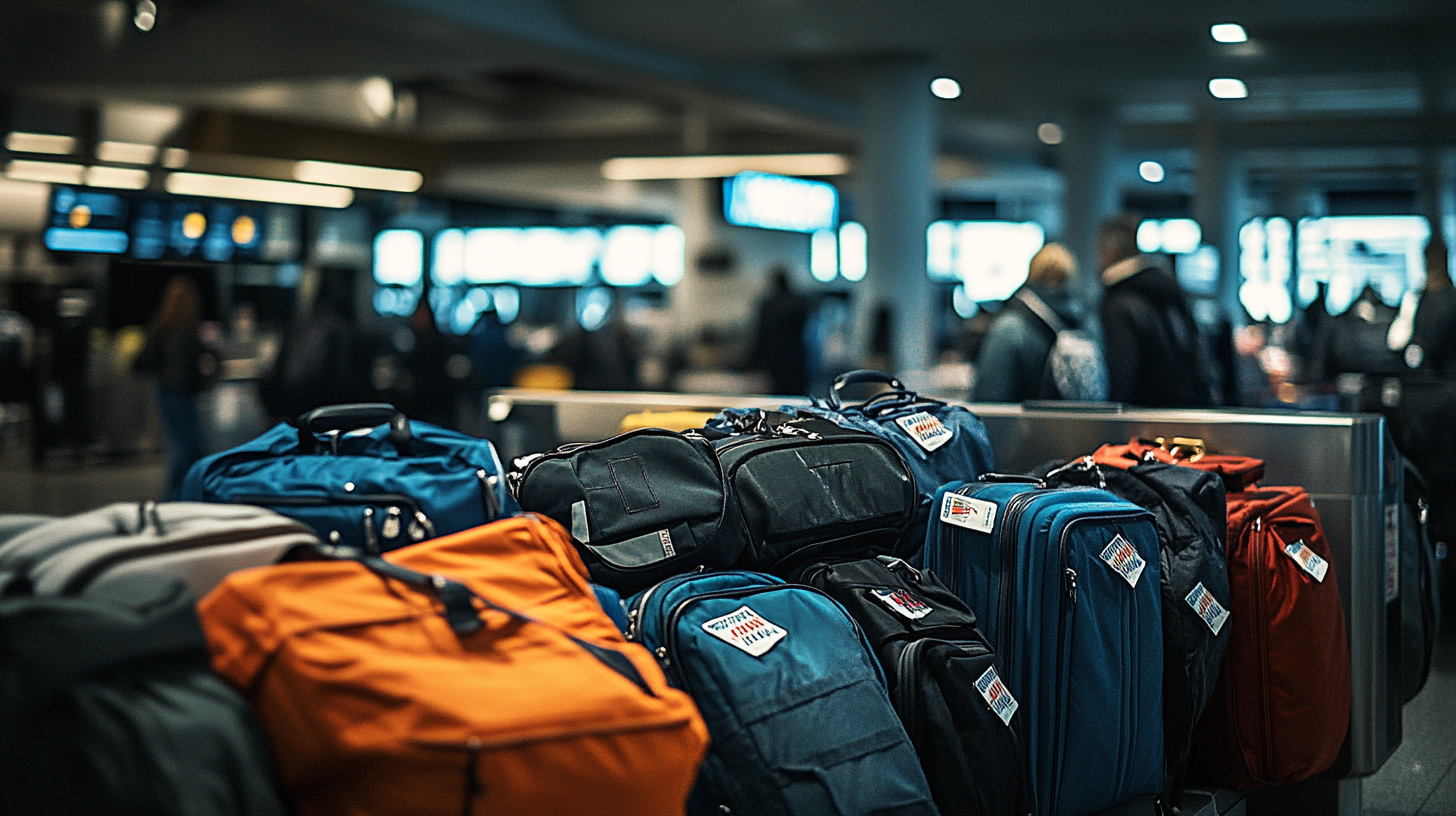
Stay Updated on Baggage Policies
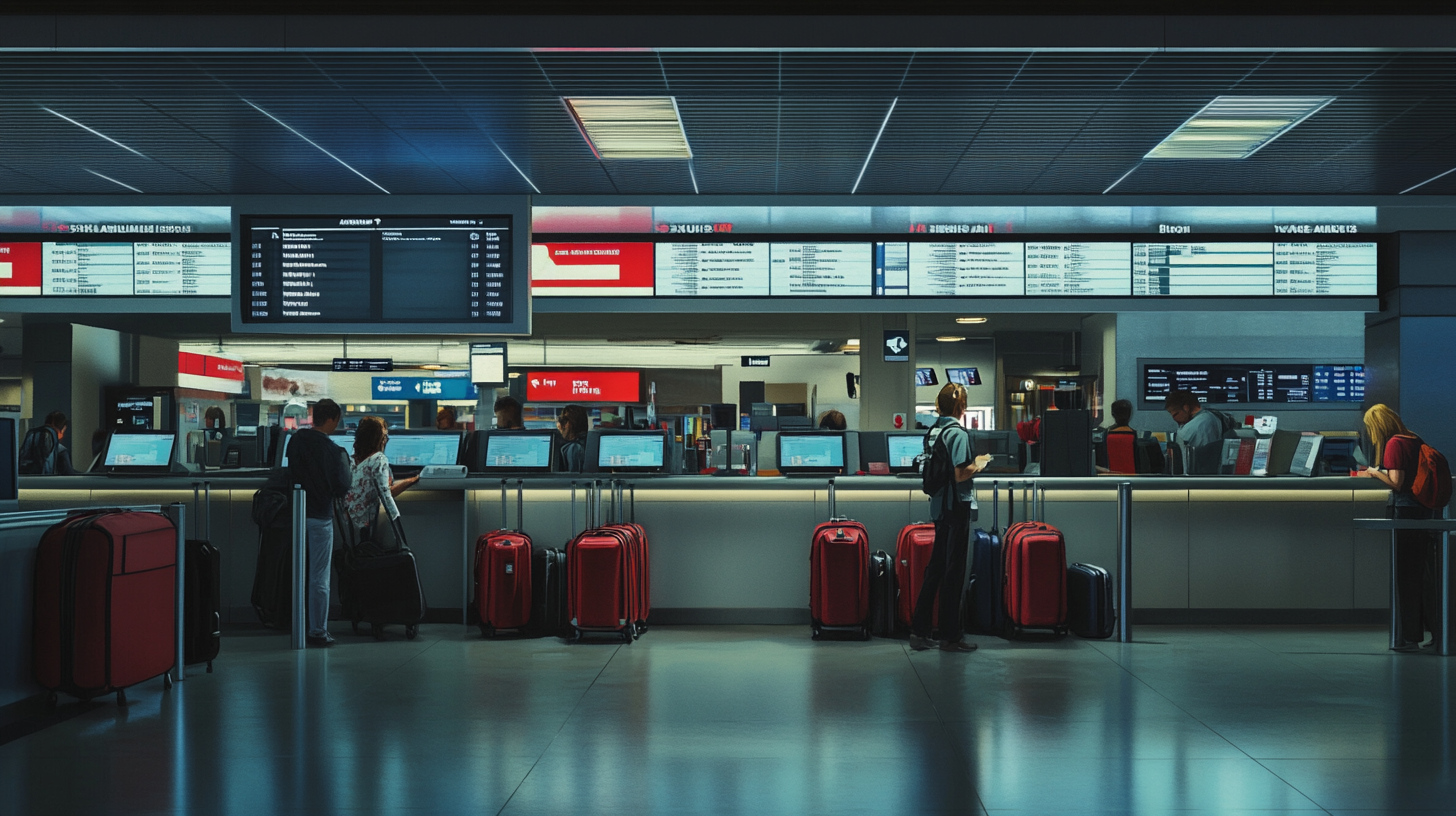
Baggage fees and policies can change frequently due to regulatory updates, economic factors, or changes in airline operations. Staying informed about the latest policies is crucial to avoid unexpected fees and ensure a smooth travel experience. Here are some ways to stay updated:
- Check the Airline’s Official Website: The most reliable source of current information is American Airlines’ official website, where you can find the latest baggage policies and fees for both domestic and international travel.
- Sign Up for Notifications: Consider subscribing to the airline’s email updates or mobile app notifications to receive alerts about policy changes or promotions.
- Contact Customer Service: If you have specific questions or unique circumstances, reaching out to the airline’s customer service can provide personalized assistance.
- Review Your Booking Details: When you book your flight, carefully review the baggage allowance information provided in your confirmation, as it may contain details specific to your fare type and route.
By proactively staying informed, you can adapt your packing plans accordingly and avoid any surprises at the airport. For more strategies on keeping up-to-date with airline policies, refer to best practices for staying informed about airline baggage policies .
Pack Strategically

Packing strategically can significantly reduce or even eliminate baggage fees. Here are some tips to help you pack efficiently:
- Make a Packing List: Plan ahead by creating a list of essential items to avoid overpacking.
- Utilize Carry-On Allowances: Maximize the use of your carry-on and personal item allowances to reduce the number of checked bags needed.
- Wear Bulky Items: Wear heavier clothing items, such as jackets and boots, during travel to save space and weight in your luggage.
- Use Packing Aids: Compression bags or packing cubes can help organize your belongings and fit more into your luggage efficiently.
- Weigh Your Bags at Home: Use a household scale or portable luggage scale to ensure your bags meet weight requirements before leaving for the airport.
By implementing these strategies, you can avoid overweight fees and possibly reduce the number of bags you need to check. For additional tips on efficient packing, you can consult the ultimate guide to packing light for international travel .
Prepay Baggage Fees Online

Take advantage of online prepayment discounts to save money and time at the airport. Paying for your checked bags within 24 hours of departure can provide a $5 discount on the first bag fee for certain destinations. Prepaying not only reduces costs but also expedites your check-in process, making your travel experience more enjoyable.
Final Thoughts
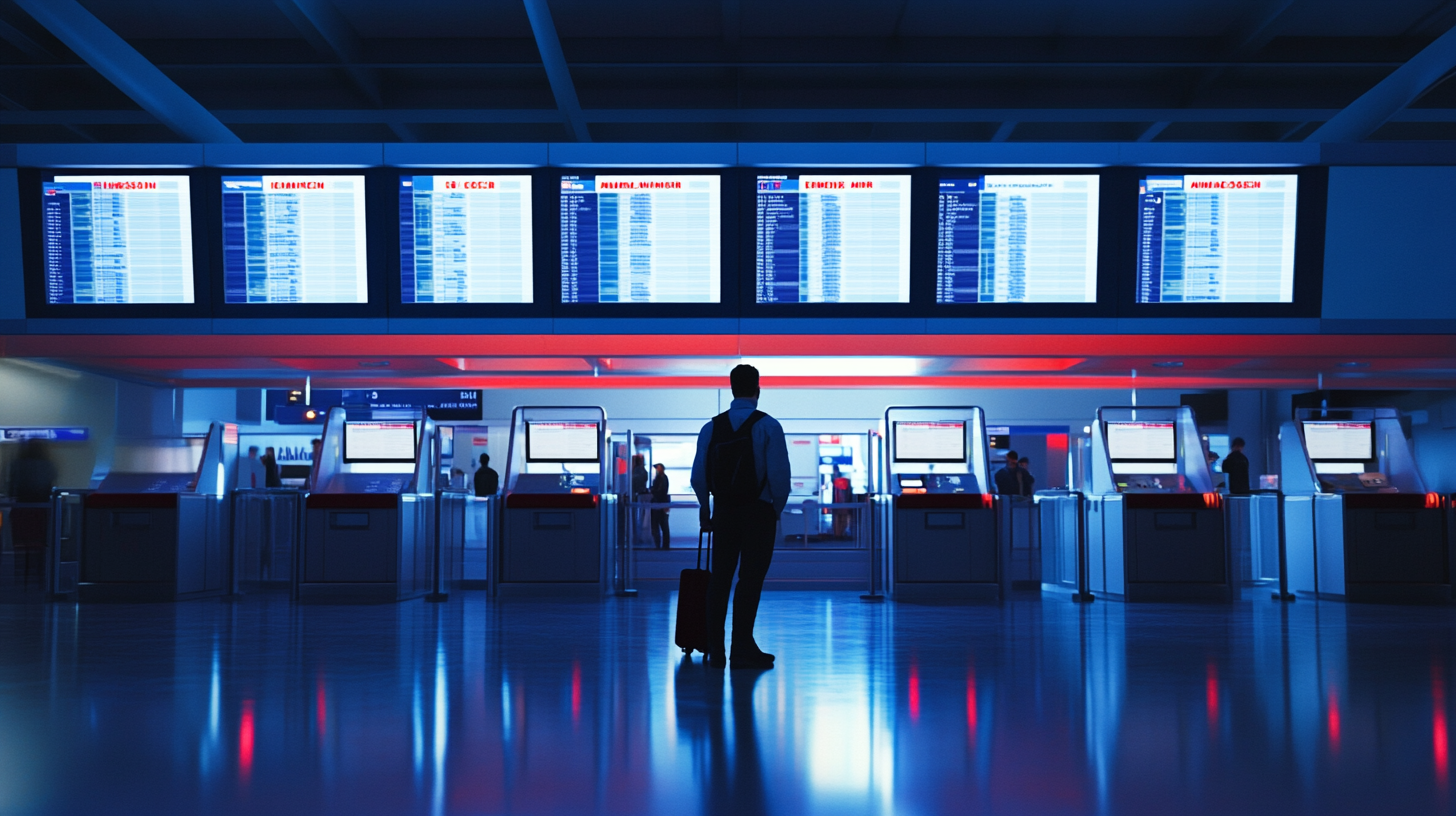
Understanding American Airlines’ international baggage fees is essential for budgeting and planning your trip effectively. By staying informed about the latest policies, utilizing available discounts such as prepayment options and credit card benefits, and packing strategically, you can minimize or even eliminate baggage costs. Remember to consider factors like elite status, special allowances for active military personnel, and seasonal limitations that may affect your baggage allowances.
Traveling can be a rewarding experience, and being prepared helps ensure it remains stress-free. Follow us back to Seat 5A for more travel tips and updates. Always check the most current information before your travel date by visiting the airline’s official website or contacting customer service. Taking these proactive steps will help you avoid unexpected charges and enjoy a hassle-free journey to your international destination.






